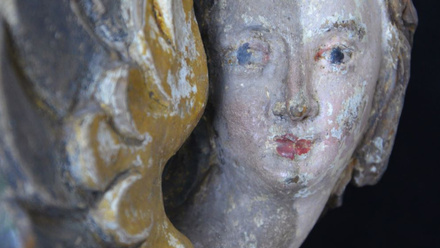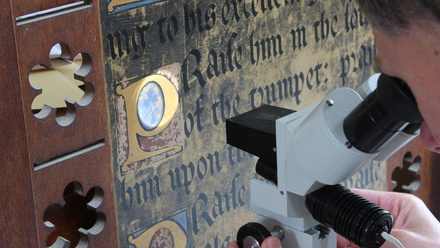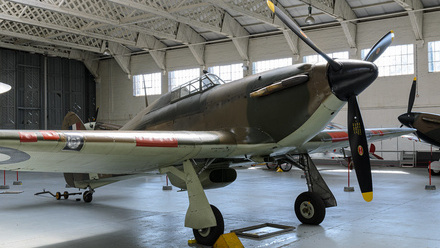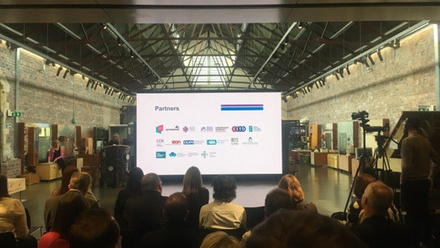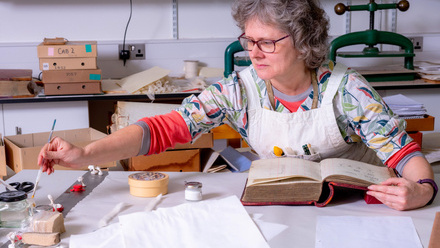Emma Callaghan is a Conservation Technician at the National Museum of the Royal Navy in Portsmouth. She has recently completed the V&A / Icon Conservation and Collections Care Technicians Diploma supported by her assessor Lorraine Finch ACR. Read on to hear about her experience of completing the diploma and how it has proved crucial in supporting her career development.
---
The National Museum of the Royal Navy is responsible for the conservation of the largest collection of historic ships in the country, including HMS Victory in Portsmouth, HMS Caroline in Belfast, and HMS Trincomalee in Hartlepool. Over the last five years, the National Museum has been continually expanding its skills, people, and knowledge to ensure that the museum’s collections are cared for in the best way possible. Historic ships are extremely complex and difficult objects to protect, and require constant and diligent inspection, maintenance, and conservation.
The National Museum’s team of Shipkeepers are at the forefront of the day-to-day care of our historic ships, working with conservators to implement a conservation cleaning programme which serves to both improve the presentation of, and to identify, monitor, and resolve risks to historic ships. As a Shipkeeper for HMS Trincomalee, I was trained in conservation cleaning, the importance of preventive conservation, recognising pest activity, and in some interventive treatments. When I heard about the V&A/Icon Conservation and Collections Care Technician Diploma, it seemed like the next logical step in both my professional development and the advancement of the conservation team at The National Museum of the Royal Navy Hartlepool.
For me, the advantage of this type of work-based study was being able to fit learning around my current skills, along with the ability to pick and choose which skills I might need to advance my professional development. With the wide range of modules available, I was able to select which could be relevant to my role as a Shipkeeper, and the skills needed at Hartlepool. I also chose to challenge myself with caring for smaller objects, something which was completely out of my comfort zone.
Although seemingly quite a niche role, the principles of preventive conservation learnt as a Shipkeeper provided an excellent starting point from which to delve deeper into an understanding of the care of our cultural heritage, interventive procedures, and conservation ethics and decision making – all whilst being able to see these things happen in a real, albeit unusual, museum setting. As an example, monitoring the environment in which a collection is kept is often associated with well-designed and controlled object stores, but the same principles may be applied to a 19th century ship; although it can be a little more difficult to manage!
A major benefit of completing the CCCT Diploma whilst working was being surrounded by people with a wealth of knowledge, and a willingness to share their experiences with me. Personal and continuous support can be difficult to find, but is an invaluable resource whilst undertaking any type of learning. There was an answer to every one of my questions – and a solution to every problem – provided by my assessor, mentor, and other colleagues.
This type of support was essential, particularly as working to conserve historic ships is a unique dynamic which amalgamates professional conservation with typically ‘traditional’ skills, while also incorporating archaeology, engineering, and a wealth of other disciplines – a concept which can be difficult to fully understand without having first-hand experience. By expanding my capability beyond that of a Shipkeeper, I was able to prove I had gained the technical skills and knowledge to earn a new role as a Conservation Technician in the National Museum’s expanding Conservation and Collections team. Being able to learn while doing and by doing, from those with masses of experience in the industry is fundamental to anybody’s professional development. This is the reason work-based study can be so effective. It certainly worked for me!
Find out more about the National Museum of the Royal Navy by visiting nmrn.org.uk
---
Images: Emma Callaghan

